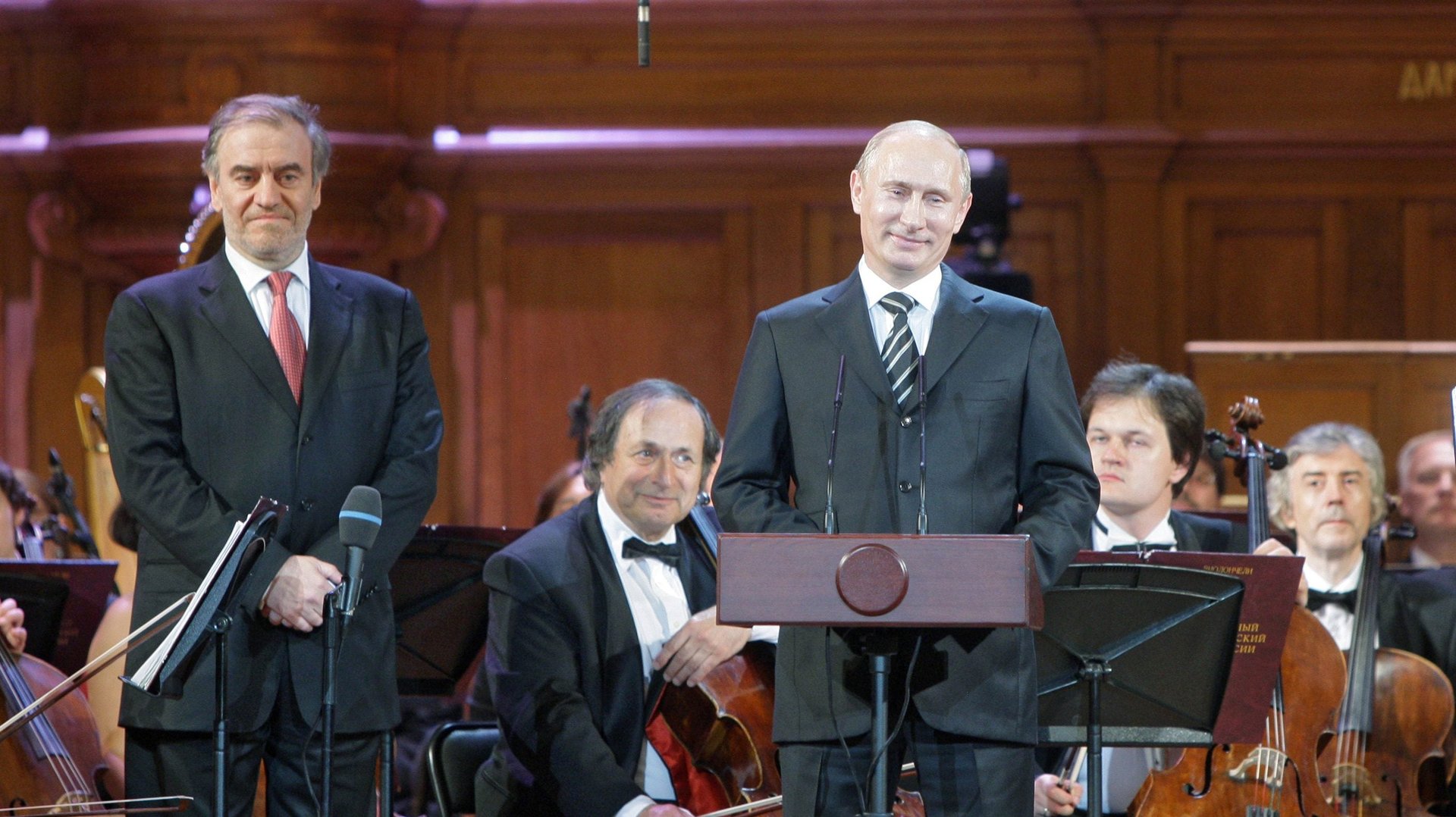What if your boss was a Putin supporter?
This week, the Munich Philharmonic sacked its chief conductor Valery Gergiev for refusing to publicly denounce Vladimir Putin’s invasion of Ukraine. A longtime supporter of the Russian president, the 68-year-old stuck to his guns and ignored the Munich mayor’s ultimatum that he should “clearly and indisputably distance himself from the brutal war of assault,” or lose his job.


This week, the Munich Philharmonic sacked its chief conductor Valery Gergiev for refusing to publicly denounce Vladimir Putin’s invasion of Ukraine. A longtime supporter of the Russian president, the 68-year-old stuck to his guns and ignored the Munich mayor’s ultimatum that he should “clearly and indisputably distance himself from the brutal war of assault,” or lose his job.
An internationally celebrated conductor, Gergiev had been working with the German state-funded orchestra since 2015 and had been an advisor to other international music festivals and ensembles. Gergiev also lost his position as musical director of Switzerland’s Verbier Festival Orchestra and the Edinburgh International Festival; his five-city concert tour with the Vienna Philharmonic was also canceled.
The takeaway
Delving into personal politics at work is murky terrain, but the gravity of the Russia-Ukraine crisis can make things seem more black and white. In the past, Gergiev’s career flourished despite his loyalty to Putin. He openly supported Russia’s annexation of Crimea and he undermined artists who opposed the Russian president.
Setting aside the weird optics of a Putin supporter directing a state-funded German orchestra, workplace dynamics within the ensemble also hung in the balance. Conductors, in essence, serve as group leaders and trust is eroded when they embrace contentious ideas—no matter how competent they are at their job.
The pressure for leaders to declare their allegiance has played out in recent political upheavals like Black Lives Matter and the #MeToo movement, too. Staying silent or appearing indifferent is no longer an option.
The 30-second case study is a regular feature of The Memo from Quartz at Work. Click here to get The Memo delivered directly to your inbox.